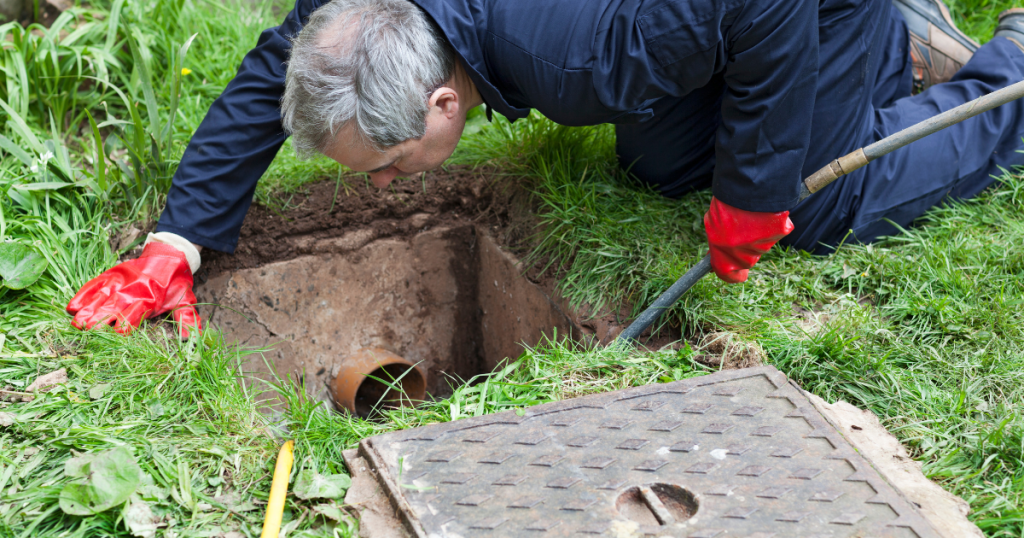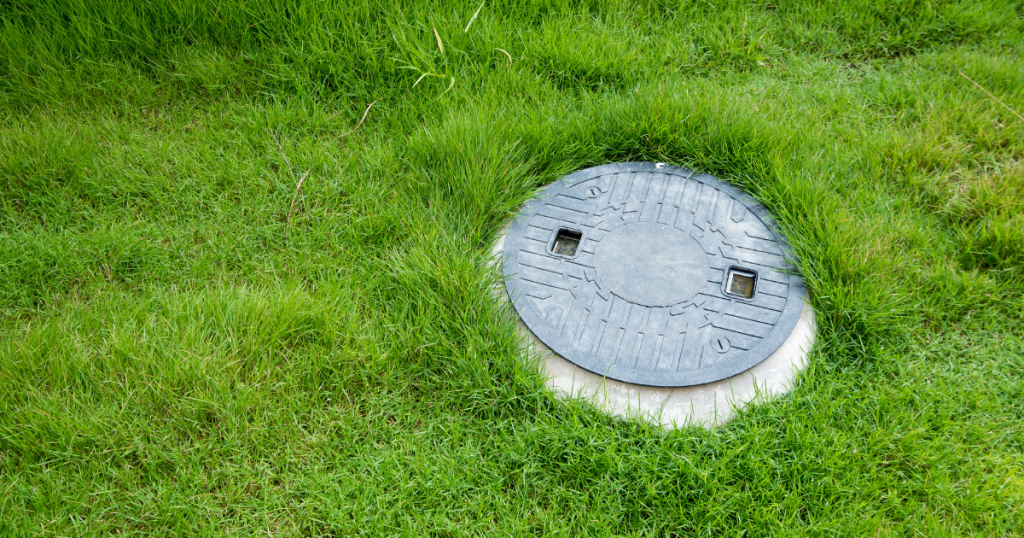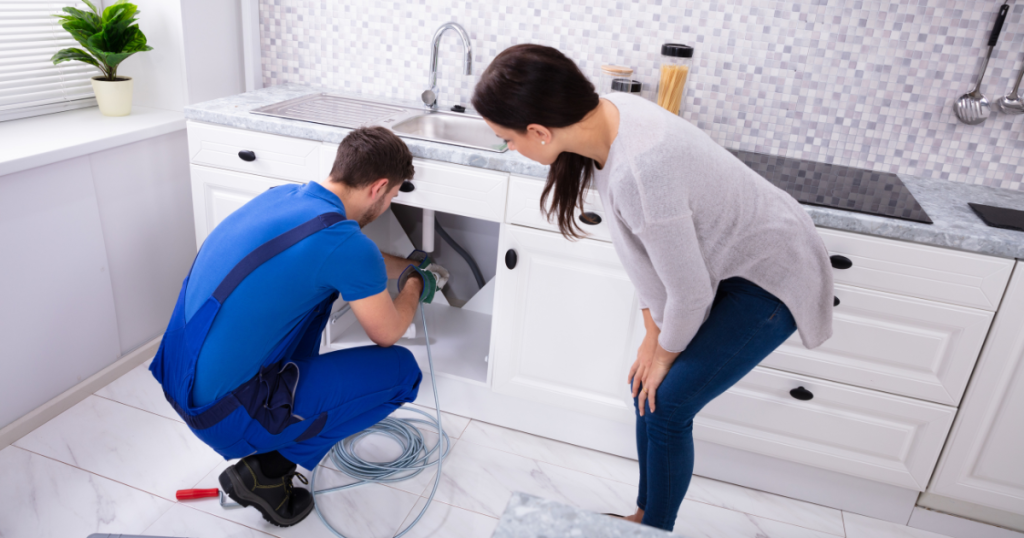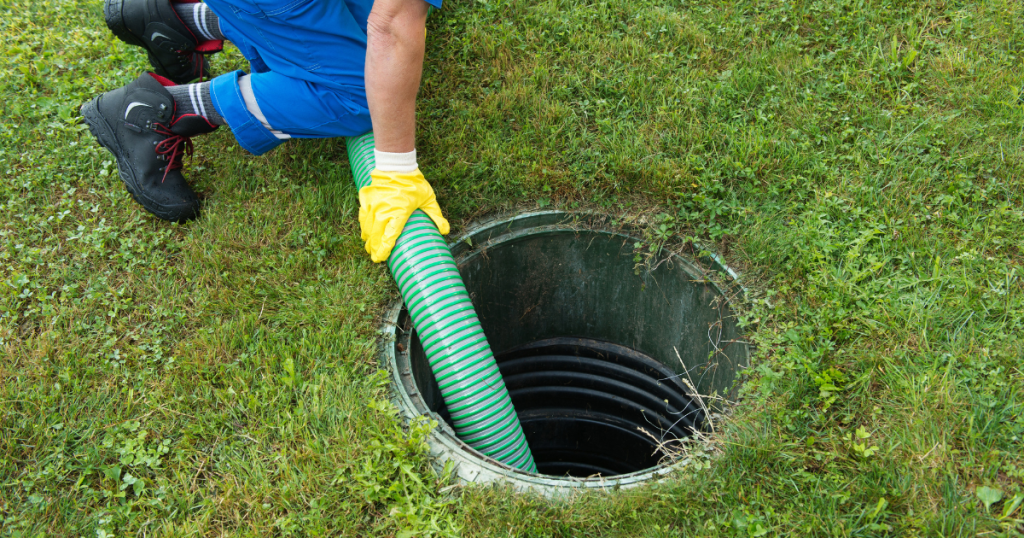
We all understand that septic tanks are an essential part of our home’s waste-water management to keep our water clean and safe. Hence, it’s important to understand how septic systems work to extend their life and keep your home’s water risk-free.
Keep reading below to learn 6 foolproof septic tank maintenance tips!
Septic Tank Maintenance Tips

Take a look at our best practices and some helpful septic system maintenance tips.
1. Practice Regular Pumping
The septic system is prone to clogging, and it is vital to prevent solids from accumulating even before they cause damage. As a rule of thumb in plumbing, it is recommended to have the septic tank pumped every 3 to 5 years.
Frequent pumping can help maintain the proper balance of solids and liquids in the tank. This can reduce occurrences of blocks and clogs and save you a hefty repair from a septic professional. But if you experience minor clogs, using a drain snake might do the trick!
2. Conserve Your Water
Excessive water usage can overload your septic tank and drain field, and it can lead to it failing before its lifespan ends. Conserving water not only benefits the environment but also helps in maintaining a healthy septic tank.
Fix any leaks in plumbing fixtures promptly, install water-efficient appliances, and practice water-saving habits like shorter showers and running only full loads in the washing machine and dishwasher.
By reducing water usage, you alleviate the strain on your septic system and extend its lifespan.
3. Watch What You Flush Down Your Drains
Did you know that the things you flush down drains, through garbage disposals, and into toilets have a big impact on how healthy your septic tanks are?
To keep your septic system functioning properly, avoid flushing non-biodegradable household waste items such as the following:
- Sanitary products
- Diapers
- Baby wipes
- Cigarette butts
- Coffee grounds
- Cooking oil
- Paper towels
- Dental floss
- Household chemicals
Stick to septic-safe toilet paper and use trash cans for disposing of non-biodegradable waste.
Should You Pour Chemicals and Toxins in Your Garbage Disposal?
Just like the bacteria in our digestive system, not all bacteria thriving in your septic systems are bad! Your septic system contains living organisms and bacteria that digest and treat household waste like their food.
If you’re thinking about pouring toxins and chemicals down your sink, garbage disposal, or drains, think about these things first:
- Use boiling water or a drain snake and avoid chemical drain openers to clear off minor clogs.
- Don’t pour cooking oil and grease down your drain.
- Don’t pour latex paint waste or large volumes of solvents down your septic systems.
[Read more: How to Unclog Septic Tank Safely: Tips and Tricks]
4. Add Some Bacteria Additives
Addicting a septic tank bacteria additive containing naturally-occurring bacteria and enzymes can assist in the breakdown of organic waste, maintaining healthy microflora in your system.
You may purchase these from a plumbing company, or it may be added once you have your septic system inspected by a professional. If you’re doing a DIY project, make sure that you choose an additive that is specifically designed for a septic system and follow the manufacturer’s instructions for proper usage.

5. Protect the Drainfield
The drainfield is an important component of the septic system that helps filter and treat wastewater before it goes down to the soil. This means that it is prone to damage due to excessive water and might lead to a repair or replacement from your septic service provider.
To protect the septic tank and drainfield, avoid parking vehicles or placing heavy objects on top of them. Also, ensure that rainwater drainage systems and sump pumps are diverted away from the drainfield area.
Signs of a Full Tank:
It’s important to recognize the signs indicating that your septic tank is full and needs pumping. Some of the most common signs include:
- Slow-draining sinks and toilets
- Gurgling sounds in the plumbing system
- Sewage backups
- Foul odors near the tank or drainfield
- Lush patches of grass or standing water around the drainfield
If you notice any of these signs, it’s crucial to have your tank inspected and pumped as soon as possible to prevent further damage.
[Related: Ultimate Guide To Septic Pumping and Tank Maintenance]
6. Keep Your Maintenance Records
You must keep a record of all maintenance procedures performed by yourself or the septic professional you choose. These records will allow plumbers to assess if your septic needs more frequent pumping, how much bacteria additives need to be added, or other relevant details that may help identify future issues.
We’re Here To Help You Keep Your Septic System Healthy!

Maintaining your septic tank is the key to keeping your household’s water safe for your entire family. Our expert plumbers are here to help you in any way that we can for repairs, replacements, and proper maintenance of your septic systems!
